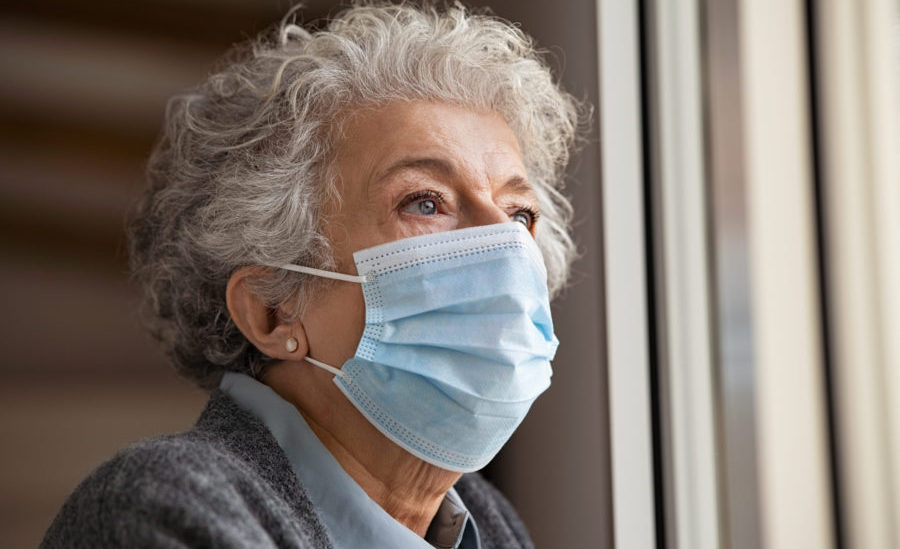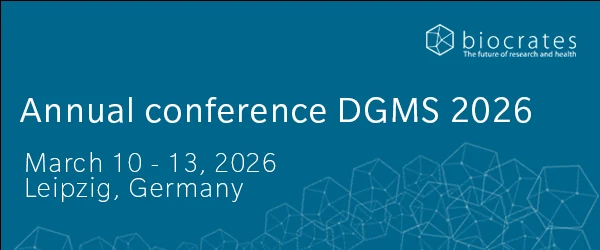Dysregulation of lipid metabolism and pathological inflammation in patients with COVID-19
In spite of the intensive research activities that have spun in the wake of the Coronavirus pandemic, several aspects of the biology of the virus are still poorly understood. One big unanswered question is: “Why is one patient asymptomatic, while others suffer a severe course of disease, with a range of symptoms?” Age and aging-related diseases have been identified as major risk factors for severe disease, but they fail to fully explain the variability in outcomes.
As metabolic risk factors appear to have a major impact on the risk profile associated with infection, metabolomics has emerged as an appealing technology for learning more about how the pathogenesis and outcome of this novel disease are defined. Recent articles in the “Infectiology” section of our blog explore various metabolic pathways of interest in this context.
A recent study from the University of Naples sheds new light on the pathways associated with the severity of disease, focusing on a specific group of metabolites: lipids. The study finds a large number of lipid metabolites from various classes to be differentially expressed between patients with mild, moderate and severe disease. Ceramides, di- and triglycerides appear to be the most important classes in this context. Interestingly, only a few of the lipids correlated with pro-inflammatory cytokines.
Marianna Caterino and colleagues discuss a variety of biological explanations for how an infection might alter the blood lipidome and how lipid metabolites might influence the severity of the disease. The paper discusses the role of lipids in affecting the virus’ entry into host cells, the replication process, and the potential role of lipid inflammatory mediators in contributing to the dysregulation of the immune response. It also considers their role in causing respiratory distress syndrome. The discovery of a correlation between adiponectin, lipids and disease severity suggests that adipose tissue is actively involved in early COVID-19 pathophysiology – an important potential link that may explain why obesity and metabolic diseases predispose patients for more severe courses of disease.
This study highlights the importance of both the interaction between the immune system and metabolism and the interaction between different organs in fighting infection. The finding that adipose tissue may be involved in the early stages of COVID-19 is striking. But it is just as significant to confirm that a group of lipids that is involved in the core cellular metabolic process of autophagy is also strongly associated with disease severity – even though this process has previously been identified in other infectious diseases.
The findings of this paper confirm that a whole-body response is involved in battling severe infections. Metabolomics could play a pivotal role in providing biomarker signatures that could be clinically relevant for patient stratification.
Caterino, M., Gelzo, M., Sol, S. et al. Dysregulation of lipid metabolism and pathological inflammation in patients with COVID-19. (2021) Sci Rep | https://doi.org/10.1038/s41598-021-82426-7



